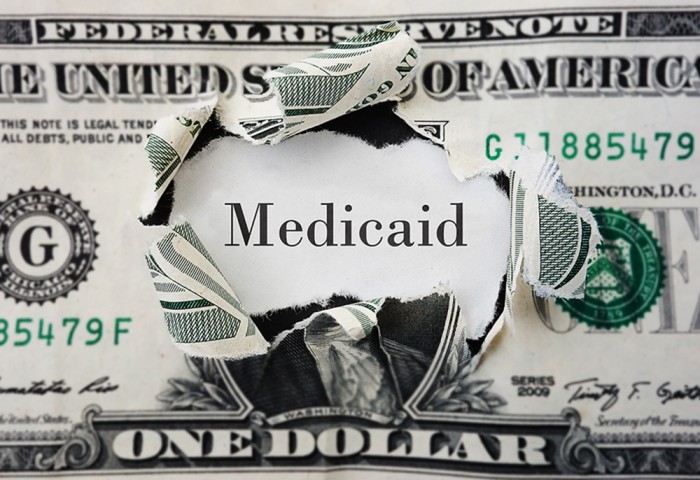The Department of Human Services (DHS) and Department of Health (DOH) have issued an updated Medical Assistance Bulletin. The purpose of this bulletin is to clarify the storage, use, and administration of medical marijuana in facilities licensed by the Pennsylvania DOH and Pennsylvania DHS in accordance with the Pennsylvania Medical Marijuana Act.
This bulletin updates MA Bulletin 01-19-45, titled “Medical Marijuana and State Licensure of Facilities and Agencies” issued July 17, 2019, to add two additional licensed facilities, Assisted Living Residences and Personal Care Homes. The previously issued bulletin is obsolete with the issuance of this bulletin.
The responses contained within the bulletin relate only to the state statutes and regulations enforced by the Departments. The Departments cannot make any representations or guarantees about the position of any other state or federal law enforcement or regulatory entity. The Departments strongly recommend that providers consult with their legal counsel with any questions or concerns related to state or federal medical marijuana requirements not specifically addressed in this document.
This bulletin applies to all Facilities Regulated by the following:
- 55 Pa. Code Chapter 2600 (relating to Personal Care Homes)
- 55 Pa. Code Chapter 2800 (relating to Assisted Living Residences)
- 55 Pa. Code Chapter 3270 (relating to Child Day Care Centers)
- 55 Pa. Code Chapter 3280 (relating to Group Child Day Care Homes)
- 55 Pa. Code Chapter 3290 (relating to Family Child Day Care Homes)
- 55 Pa. Code Chapter 3800 (relating to Child Residential and Day Treatment Facilities)
- 55 Pa. Code Chapter 5310 (relating to Community Residential Rehabilitation Services for the Mentally Ill)
- 55 Pa. Code Chapter 6400 (relating to Community Homes for Individuals with an Intellectual Disability)
- 55 Pa. Code Chapter 6600 (relating to Intermediate Care Facilities for Individuals with an Intellectual Disability)
- 28 Pa. Code Part IV (relating to Health Facilities)
COMMENTS AND QUESTIONS REGARDING THIS BULLETIN SHOULD BE DIRECTED TO:
Department of Human Services Office of Policy Development
PO Box 2675, Harrisburg, PA 17110-2675
General Office Number 717-265-8347















